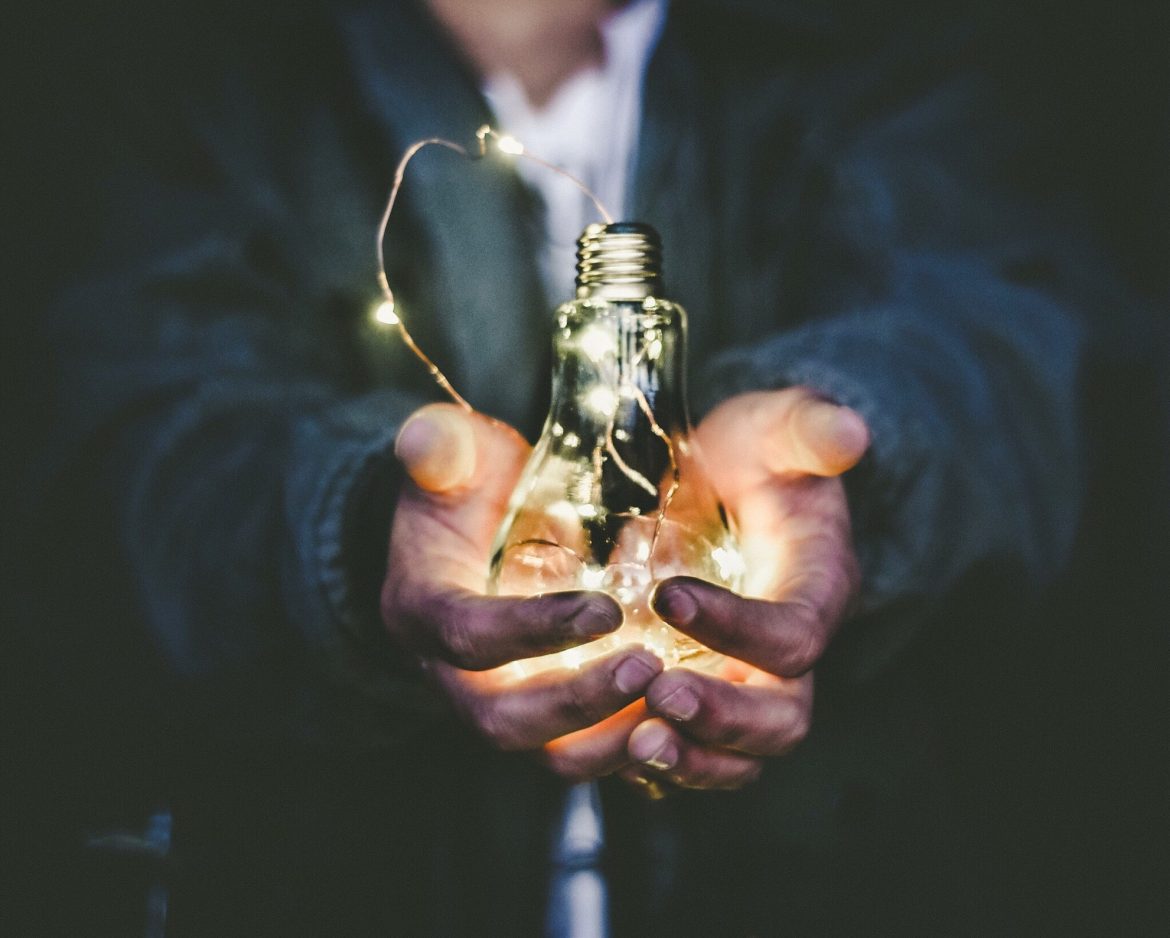Participation in Energy Access Relief (EARF)
Sub-Saharan Africa faces severe challenges in combatting climate change, exacerbated by its vulnerability to climate impacts and a lack of electricity access for 548 million people. In addition, 900 million lack clean cooking access, leading to deforestation. Despite strides made by energy access companies in promoting clean energy, the COVID-19 pandemic threatens their existence. The Energy Access Relief Facility (EARF) provides vital liquidity to these companies through low-interest, unsecured junior loans, with support from the Green Climate Fund (GCF) and Climate CV. The aim is to maintain solvency, preserve jobs, facilitate post-pandemic recovery, and reduce emissions by 1.3 million tonnes of CO2 equivalent. In Zambia, this support could enable the delivery of off-grid solar energy to 2.97 million homes and expand access to renewable energy for 16.3 million more people, resulting in a reduction of 1.33 million metric tonnes of CO2 emissions over six years. This financing helps ensure that COVID-19 does not impede progress towards reducing greenhouse gas emissions.
- Energy Access Challenges Severe climate impacts, lack of electricity
- EARF Initiative Providing liquidity through low-interest, unsecured junior loans during the COVID-19 crisis
- Impact in Zambia Enabling access to clean energy for millions and reducing emissions by 1.33 million metric tonnes of CO2 over 6 years
- Role Played Providing clean energy access to vulnerable people
- Share FacebookTwitterPinterestEmail
